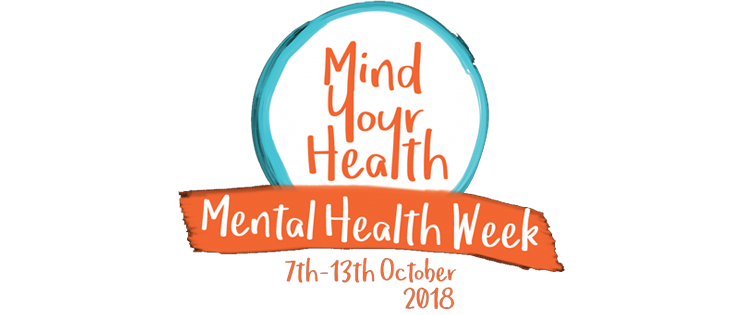
The week of October 7 to October 13 is officially “Mental Health Week”. You’ll probably hear or see something about it on social media, or possibly even in the news. But what is it? And why do we need it?
According to the latest research, 1 in 5 Australians will experience an episode of mental ill-health during the course of any year. The most common forms of mental ill-health are depression, anxiety and substance abuse (e.g. problems with drugs and/or alcohol); and it’s worth noting that these types of illness frequently co-occur (so someone with depression is very likely to also experience anxiety etcetera).
The onset of mental ill-health is most common during adolescence or early adulthood (i.e. 18 to 24 years of age). And sadly, suicide is the leading cause of death in young males in this country.
I could present you with more and more statistics about things like prevalence rates, but I want you to consider what I believe to be one of the more worrying and troubling, but less talked about statistics. More than half of these people with mental ill-health (some estimates suggest up to or above 70%) don’t seek or access help or professional treatment. That means at least half, or possibly up to three quarters of the aforementioned people are suffering in silence; and they’re suffering excessively.
Because mental ill-health can be effectively treated. We can help people who’re suffering depression and anxiety and more but … only if they come forward!
Now there are multiple, and in some cases complex reasons why people don’t access treatment. Unfortunately, there are geographical factors and even economic ones; especially in rural and regional areas. At the same time, however, one of the major obstacles to treatment seeking is stigma. The fear of being negatively judged or evaluated by others.
Despite tremendous advances being made in recent years, thanks largely to organisations such as Beyond Blue, SANE and RUOK Day?, just to name a few, those with mental ill-health are still often judged far more negatively than those with “physical” health problems.
This is absurd and unfair and unhelpful, not to mention the cause of a huge cost to our society (untreated mental ill-health costs every business and every community). We’re not embarrassed to admit to having asthma or diabetes or breast cancer; so why should we be embarrassed to admit we’re experiencing depression or anxiety or any other form of mental ill-health?
And this is why we need initiatives and campaigns like Mental Health Week, which includes Mental Health Day (on October 10). It’s so important to raise awareness and constructive action around mental ill-health. Every one of us will know someone who’s affected; and so every one of us can make a difference by learning more, talking more, asking more and listening more.
Mental Health Australia has a great website (HERE) where you can “Make a Promise” such as looking at mental illness in a more positive light; listening more openly and offering support to those in need; and sharing your own experiences with others to help them understand.
And I’m happy to get the ball rolling by sharing my own personal experience of mental ill-health. I’ve experienced depression almost all my adult life. At times it’s overwhelmed me and at times I’ve felt hopeless and helpless. But thankfully, I’ve always found a way to keep going; and thankfully, I’ve always had family and friends around me who’ve provided love and support.
My hope is that if we can all talk more about our experiences and listen more to the experiences of others, we can smash the stigma associated with mental ill-health, and encourage more people in need to seek professional help. And that would be something to be really happy about!